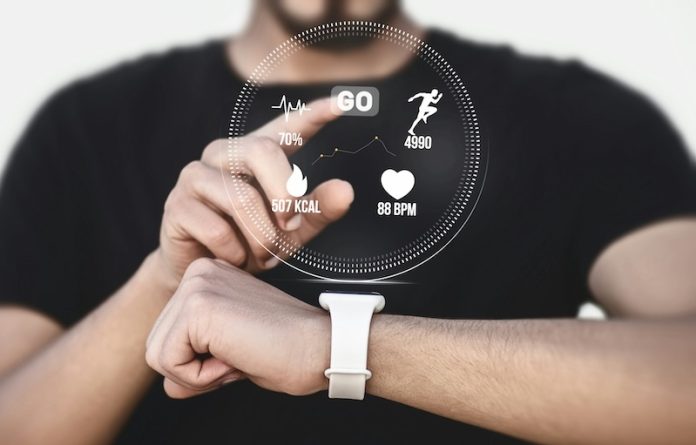
In recent years, wearable fitness technology has revolutionized the way we track and improve our health. From simple step counters to advanced devices that monitor heart health and sleep patterns, smart wearables are helping millions of people stay active, set goals, and understand their bodies better.
As technology continues to evolve, these devices are becoming smarter, more accurate, and capable of providing personalized health insights.
Wearable fitness technology started with basic pedometers that tracked how many steps you took each day. These evolved into fitness bands, like Fitbit, which could count steps, measure calories burned, and even monitor sleep.
Today, fitness wearables have taken a giant leap forward with the integration of advanced sensors, artificial intelligence (AI), and mobile apps. Devices like smartwatches and fitness trackers are now equipped to measure heart rate, oxygen levels, and even stress in real time.
One major advancement is in heart health monitoring. Devices like the Apple Watch and Fitbit Sense now feature electrocardiogram (ECG) sensors, which can detect irregular heart rhythms.
Studies published in medical journals, such as The New England Journal of Medicine, have shown that these devices can accurately identify conditions like atrial fibrillation, a common heart problem that can lead to strokes. This capability allows users to seek medical advice earlier, potentially saving lives.
Sleep tracking has also seen significant improvements. Modern wearables don’t just tell you how long you slept—they analyze sleep stages, including deep sleep and REM sleep, providing insights into the quality of your rest.
Some devices, like the Oura Ring, use temperature and heart rate data to help users understand how well their bodies recover during sleep.
Research from institutions like Stanford University has shown that consistent sleep tracking can help people develop healthier sleep habits, improving overall well-being.
Another exciting area of growth is stress management. Smart wearables now include features like guided breathing exercises, mindfulness reminders, and stress level monitoring based on heart rate variability (HRV).
The Fitbit Charge 5 and Garmin Vivosmart 5 are examples of devices that offer stress management tools, helping users relax and reduce anxiety throughout the day.
Athletes and fitness enthusiasts are also benefiting from wearables that provide detailed workout analytics.
Advanced devices like the Garmin Fenix series and Whoop Strap track metrics like VO2 max (a measure of cardiovascular fitness), recovery times, and training loads. These insights allow users to fine-tune their exercise routines and avoid overtraining, leading to better performance and fewer injuries.
Wearable fitness tech is even stepping into healthcare with innovations like blood glucose monitoring for people with diabetes.
Companies like Dexcom and Abbott are developing wearable devices that continuously monitor blood sugar levels, providing real-time data without the need for frequent finger pricks. These advancements are transforming how people manage chronic conditions, making life easier and healthier.
While these advancements are exciting, challenges remain. Battery life is a common limitation, as many advanced features drain power quickly. Privacy concerns are another issue, as wearables collect sensitive health data that needs to be securely stored and managed.
Despite these challenges, the potential of wearable fitness technology is enormous, and research is ongoing to improve both functionality and accessibility.
If you’re interested in using wearable fitness tech, here are some practical tips. First, choose a device that matches your goals. If you want basic tracking, a simple fitness band may be enough.
For detailed health insights, consider investing in a smartwatch with advanced features. Second, take time to explore the app that comes with your device. These apps often provide valuable trends and advice based on your data.
Finally, don’t rely solely on your wearable for health decisions. Use the data as a guide but consult a healthcare professional for any serious concerns.
Smart wearable fitness technology is more than just a trend—it’s a powerful tool for improving health and well-being. As these devices continue to evolve, they are empowering people to take charge of their health, one step, heartbeat, or breath at a time.
Copyright © 2025 Knowridge Science Report. All rights reserved.



